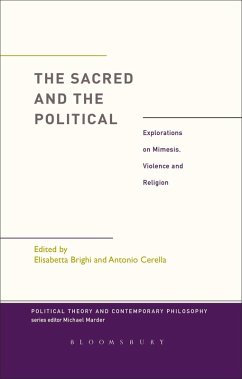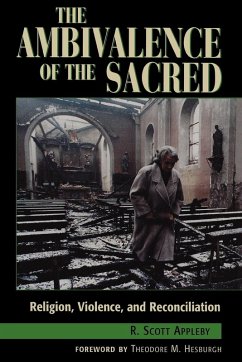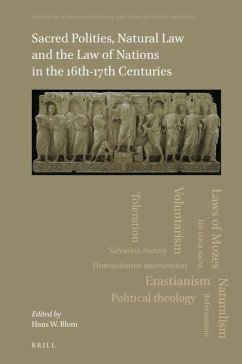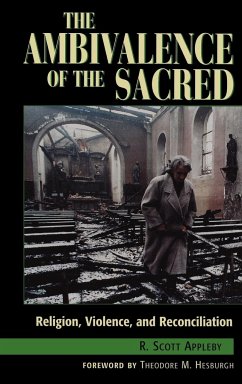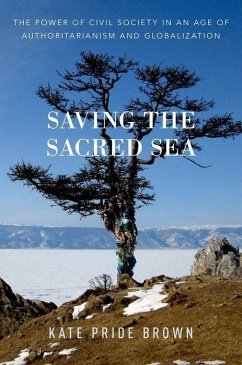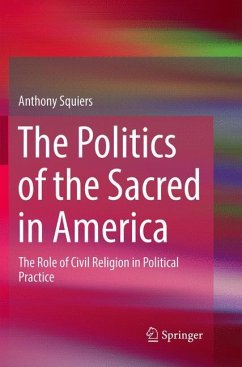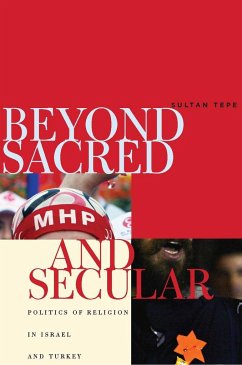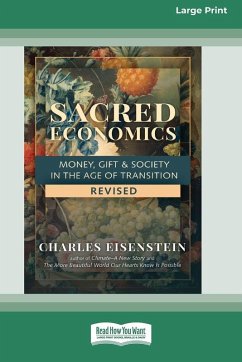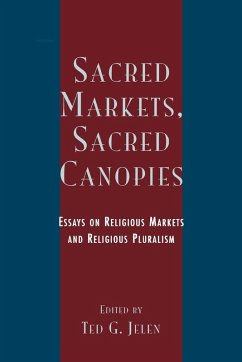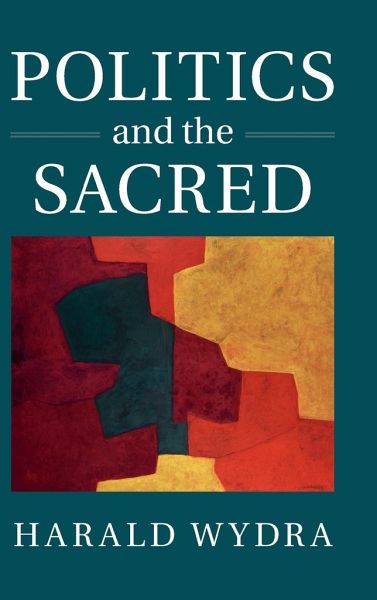
Politics and the Sacred
Versandkostenfrei!
Versandfertig in 1-2 Wochen
111,99 €
inkl. MwSt.
Weitere Ausgaben:

PAYBACK Punkte
56 °P sammeln!
This path-breaking book argues that practices of the sacred are constitutive of modern secular politics. Following a tradition of enquiry in anthropology and political theory, it examines how limit situations shape the political imagination and collective identity. As an experiential and cultural fact, the sacred emerges within, and simultaneously transcends, transgressive dynamics such as revolutions, wars or globalisation. Rather than conceive the sacred as a religious doctrine or a metaphysical belief, Wydra examines its adaptive functions as origins, truths and order which are historically...
This path-breaking book argues that practices of the sacred are constitutive of modern secular politics. Following a tradition of enquiry in anthropology and political theory, it examines how limit situations shape the political imagination and collective identity. As an experiential and cultural fact, the sacred emerges within, and simultaneously transcends, transgressive dynamics such as revolutions, wars or globalisation. Rather than conceive the sacred as a religious doctrine or a metaphysical belief, Wydra examines its adaptive functions as origins, truths and order which are historically contingent across time and transformative of political aspirations. He suggests that the brokenness of political reality is a permanent condition of humanity, which will continue to produce quests for the sacred, and transcendental political frames. Working in the spirit of the genealogical mode of enquiry, this book examines the secular sources of political theologies, the democratic sacred, the communist imagination, European political identity, the sources of human rights and the relationship of victimhood to new wars.





